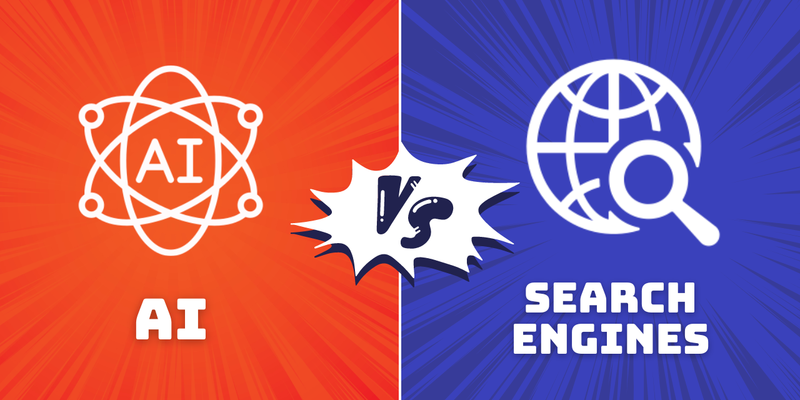Yourstory
1w
164

Image Credit: Yourstory
Traditional vs. AI-Powered Search Engines: Navigating the Future of Search
- Traditional search engines like Google and Bing remain popular due to their speed and comprehensive coverage. They index an enormous amount of data, provide reliable access to public information, and are optimised to handle massive traffic.
- Although traditional engines deliver efficient results when it comes to simple queries, they may struggle with complex and ambiguous ones. They rely on exact keyword matching and backlinks and may limit the user's ability to answer conversational or complex queries effectively.
- AI-powered search engines utilise NLP and machine learning to understand a user's intent better. They can discern nuanced and tailor-made responses more effectively and are adept in processing ambiguous queries.
- AI-powered search engine's personalised search results that adapt to user preferences and history, have shown a 72% preference rate among users.
- The major drawbacks for AI search engines are the computational resource demand, privacy concerns due to data usage, and algorithmic bias, where they can perpetuate biases present in their training data leading to skewed or controversial results.
- GPT Search stands as a promising evolution, blending the best of AI-powered capabilities with conversational depth. It offers real-time answers, interactive source links, and conversational flexibility.
- GPT Search's innovations include allowing users to click on source links directly within the chat interface and offering conversational prompts. Despite its advancements, GPT Search can sometimes produce inaccurate responses or 'hallucinated' responses, which require careful verification, particularly for professional purposes.
- The article highlights that traditional and AI-powered search engines have distinct strengths and areas for improvement. As search technology advances, striking a balance between these benefits and limitations will define the next wave of innovations in digital search.
- Legal challenges around the use of public content for AI training and rising costs are issues that search companies and their developers should address to achieve accessibility for broader audiences.
- In conclusion, both traditional and AI-powered search engines have a place in the market. Traditional search engines are excellent for straightforward queries, while AI search engines are more intuitive for complex ones. With GPT Search offering an exciting evolution of conversational depth, the next wave of innovation in digital search is sure to come.
Read Full Article
9 Likes
For uninterrupted reading, download the app